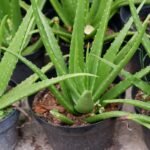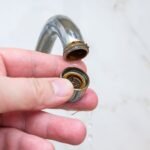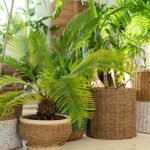Ah, the humble isopod! ! These little guys are important for keeping your garden soil healthy and full of nutrients. But did you ever think about how the kind of soil your garden has can totally affect their work? To make a comfy home for them, you’ve got to know what soil to avoid for isopods. In this post, we’ll explain why isopods are awesome helpers for any gardener out there. Plus, we’ll check out the types of soil that isopods really dig (and the ones they just can’t stand). We’ll also drop some tips on how to make the best environment for these unsung heroes of the garden to really thrive.
Table of Contents
ToggleWhat Are Isopods?
If you want your garden to really thrive, it’s super important to know about the little critters living in it. Specifically, isopods, also known as pill bugs or roly-polies, are these tiny crustaceans that hang out on land and do some pretty important work in your garden’s ecosystem. But do you know keeping them happy is key to your garden’s success? But how? Read it down below:
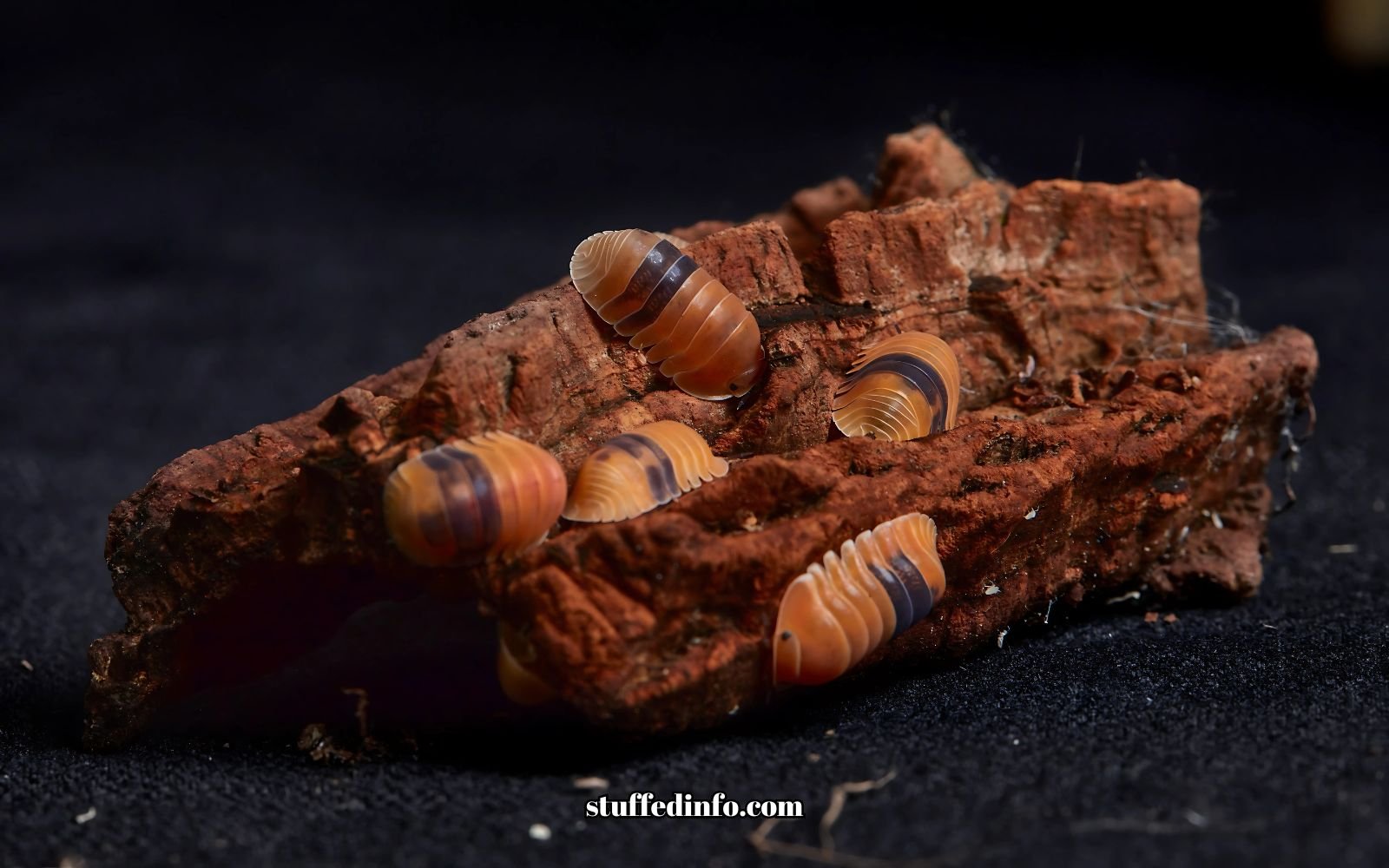
Why Do People Keep Isopods in Gardens?
Before you know what soil to avoid for isopods, first learn why to keep isopods in your garden. So, they’ve got a bunch of roles that make them super useful:
- Decomposers: They snack on organic stuff like dead leaves and plant bits, turning it into rich compost. So, understanding their role as decomposers shows just how important it is to keep the soil environment just right.
- Soil Health: By breaking down organic matter, isopods boost soil structure and fertility, making it easier for plants to grab the nutrients they need. This means the quality of soil, especially avoiding the wrong kinds, is super important for their survival.
- Natural Pest Control: They help manage pests by munching on decaying plant material, which could attract nasty insects if it’s left lying around. This emphasizes how good soil can encourage helpful critters.
- Eco-Friendly: Using isopods is a green way to deal with garden waste and create a healthy garden vibe, but it depends on steering clear of the wrong soil types.
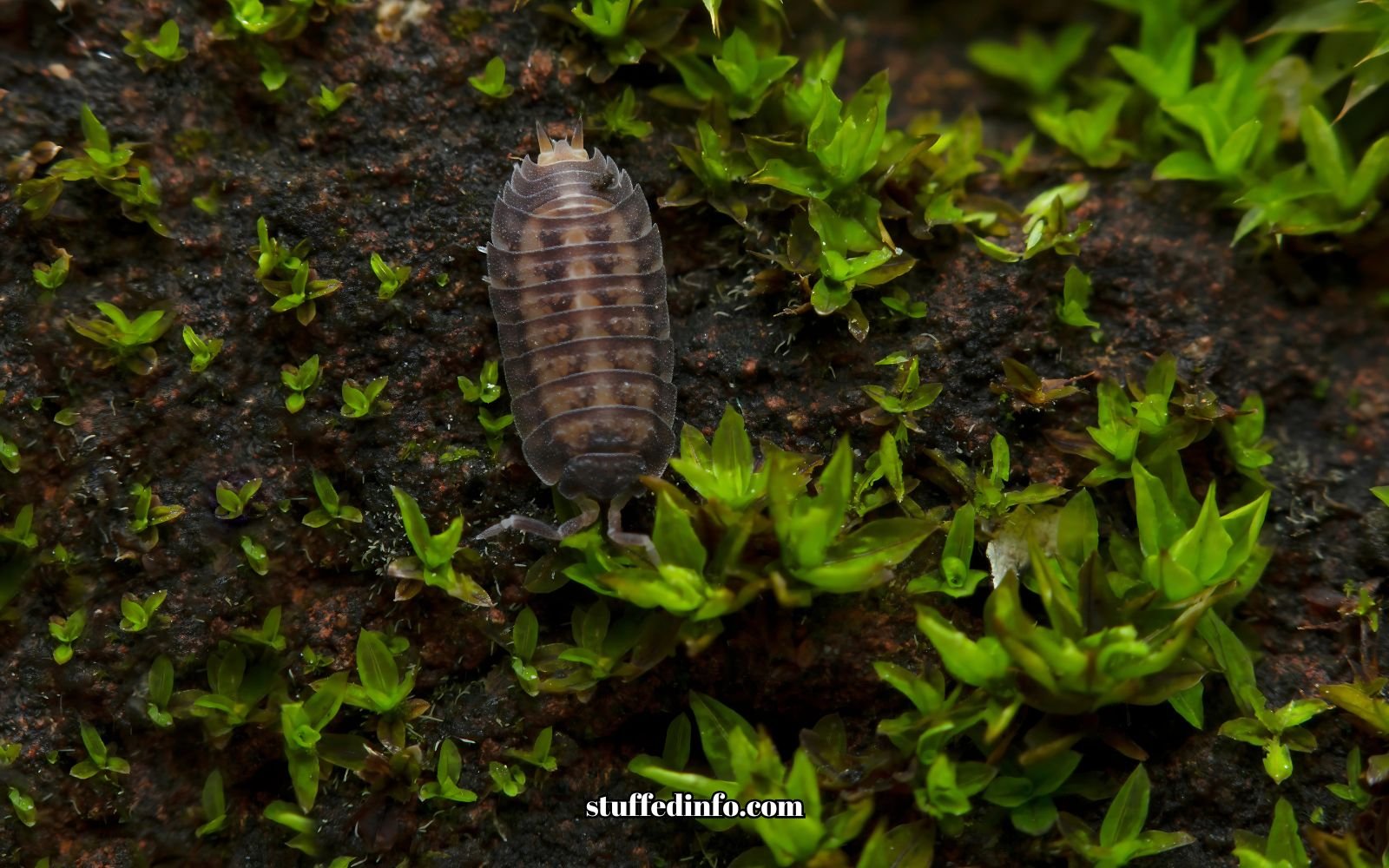
Would you like to know more about how to create a suitable habitat for isopods in your garden? If yes, let’s explore the best environmental conditions as well as what soil to avoid for isopods.
Ideal Growing Conditions for Isopods
Getting the right setup is super important for isopods. So, here’s what makes them happy:
- Moisture: Isopods need a moist space to thrive. To keep it that way, ensure the soil is damp but not soaking wet. Giving it a quick mist now and then can help keep the humidity just right, which is key to avoiding too-dry soil.
- Temperature: They do best when it’s between 60-80°F (15-27°C). So, if things get too hot, it can really stress them out—so steer clear of scorching sandy soils that might mess with their cozy homes.
- Shade: You want to keep them in shady spots to stop the area from drying out. Basically, knowing this helps explain why it’s so important to dodge direct sunlight and those hot soil types.
- Organic Matter: Giving them lots of decaying stuff like leaves, compost, and wood chips is a must. Because of this, it’s clear that you need to avoid soils that lack nutrients, which could leave isopods starving.
Creating these conditions will help isopods thrive and contribute to a healthy garden ecosystem. Now that we understand their needs, let’s talk about what soil to avoid for isopods.
What Soil to Avoid for Isopods?
When it comes to soil, not all types are the same. If you want your isopods to flourish, it’s super important to know which kinds of soil to keep away from since they can be harmful to these little guys. Let’s dive into some soil troublemakers you should avoid:
-
Pure Sand
Sure, sand is a blast for a beach trip, but it’s a total moisture villain for isopods. This soil drains way too fast, leaving your tiny pals parched. Actually, a study found that isopods in pure sand (0.1% moisture) faced a high mortality rate. So, if you’re wondering what soil is bad for isopods, this one’s a major culprit!
-
Clay-Heavy Soils
On the other hand, there’s clay, which is like that clingy ex who just won’t quit. Clay-heavy soils trap water and don’t drain properly, which can drown or suffocate your isopods. So yeah, these soils are definitely off limits.
-
Chemically Treated Soils
You know that moment when you thought a bit of chemical fertilizer wouldn’t hurt? Well, isopods are way more sensitive than your usual garden plant. Chemically treated soils can be super toxic, turning their home into a disaster zone. This just shows how important it is to avoid harmful soils for these critters!
-
Extremely Acidic Soils
While isopods like slightly acidic soils, there’s definitely a limit. Soils with a pH below 5.0 can be really bad for their health. It’s best to stay away from soils made for acid-loving plants like azaleas or blueberries, as those can throw their environment out of whack.
-
Sterilized Potting Soil
Surprisingly, completely sterile soil isn’t good for isopods either. These little guys need some organic goodies to snack on; otherwise, they’re just left with a whole lot of nothing. So if you’re pondering whether potting soil is bad for isopods, the answer is a big yes!
By steering clear of these soil types, you’ll set up a much healthier space for your isopods, helping them thrive and play their part in your garden’s ecosystem.
Which Is The Best Soil for Isopods?
Now that we’ve talked about what soil to avoid for isopods, let’s switch gears to the best soil for isopods. Specifically, the following soil mix is the top choice for isopods.

- Organic compost (30%)
- Coconut fiber (30%)
- Sphagnum moss (20%)
- Leaf litter (20%)
This mix nails the balance between keeping moisture and draining excess water.
Some Other Important Conditions For Isopods
To keep isopods happy and healthy, you’ve got to set up a good soil mix and a few other conditions:
- Perfect Soil pH: Isopods like their soil a bit on the acidic side to neutral, usually between 6.0 and 7.0. So steer clear of super alkaline or acidic soils, ’cause they can mess with isopod populations. That’s why it’s critical to check your soil before you start planting.
- Moisture and Drainage: Isopods dig moist soil, but not when it’s all waterlogged. To be clear, you need well-draining soil so it doesn’t get too soaked, which can drown or push isopods out.
- Texture: A mix of fine and chunky particles creates the perfect texture. After all, a little variety makes everything better, even for isopods!
- Organic Matter Content: Isopods munch on decaying plants, so your soil needs to be loaded with organic stuff. In this case, tossing in compost, leaf litter, or other organic goodies helps keep the soil nutrient-rich.
- Shade and Humidity: Isopods are fans of cool, damp spots and usually do well in the shady parts of your garden. To sum it up, keep them out of direct sunlight and away from high temperatures, because that can dry them out and stress them out.
How To Create an Ideal Habitat for Isopods in Your Garden?
Now that you’re aware of what soil to avoid for isopods, are you ready to create the perfect home for them? If so, here’s how:
- Find a Cool, Shady Spot: Isopods love damp and shaded areas. So, try to find a place under trees, bushes, or close to compost piles where the sunlight isn’t too harsh.
- Add Some Organic Stuff: Toss in some leaf litter, wood chips, or decomposing plants in that spot. This way, isopods will munch on the breaking-down organic matter, which helps attract and keep them around.
- Keep it Moist: Make sure the area is damp but not soaking wet. By watering the spot regularly, you’ll maintain the moist conditions they love, and be careful not to use soil that dries out too quickly.
- Add Some Hiding Spots: Put down pieces of bark, stones, or logs to create cozy hideouts for the isopods. This will give them shelter and help keep the moisture they need, which ties back to avoiding dry soils.
- Skip the Pesticides: Isopods don’t like chemicals, so steer clear of pesticides or chemical fertilizers in that area. Basically, keeping the soil chemical-free is super important for their survival.
By following these steps, you’ll create a welcoming environment for isopods in your garden.
Conclusion
Ultimately, understanding what soil to avoid for isopods is just as important as knowing how to care for them. Additionally, you should create all the important conditions discussed above to keep your pill bugs or roly-poly friends in good health. With the right approach, you can turn your garden into a bustling ecosystem!
FAQ
1. How can I tell if isopods are present in my garden?
Look for them under rocks, logs, or decaying plant matter. You might also notice their small bodies scuttling around, especially after watering or rainfall.
2.Are isopods harmful to my garden plants?
No, isopods are generally harmless to plants. In fact, they benefit gardens by aiding decomposition and improving soil structure, which helps plants thrive.
3. How do I know if my garden has the right conditions for isopods?
Check for moist soil, good organic content, and a diverse ecosystem. If you have healthy decomposing material and the right pH, you’re likely providing an excellent environment for isopods.



